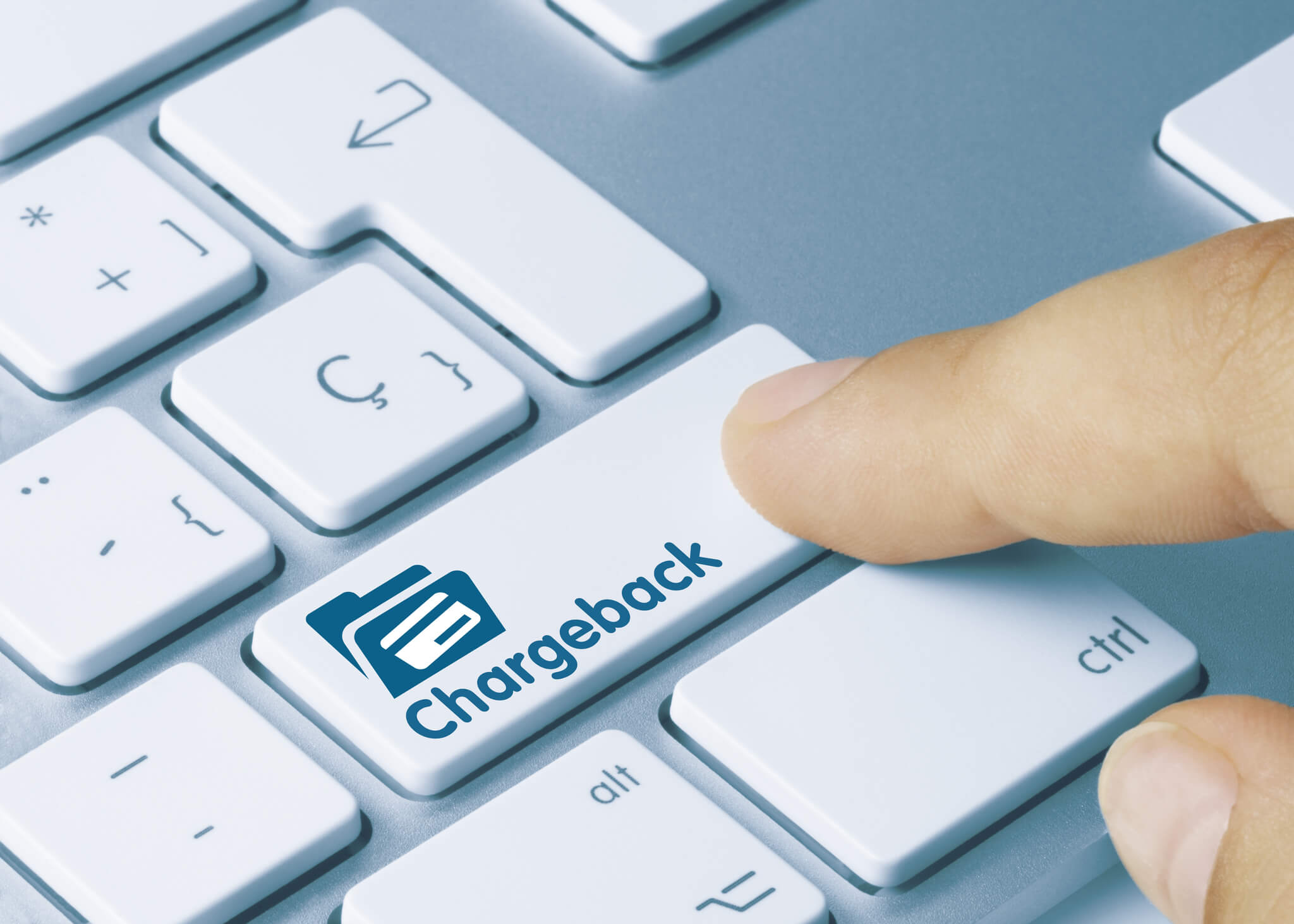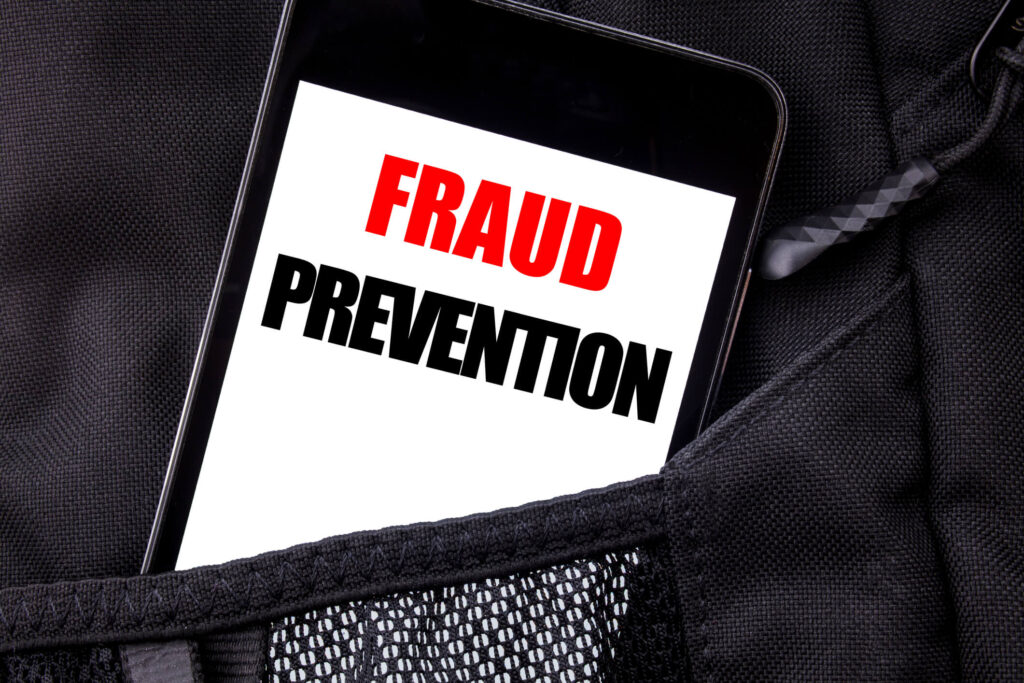
By Karen Henriques August 14, 2024
The marijuana industry has experienced significant growth in recent years, with more and more states legalizing the use of cannabis for medical and recreational purposes. However, along with this growth comes unique challenges, one of which is chargebacks. Understanding chargebacks in the marijuana industry is crucial for businesses operating in this space, as it can have a significant impact on their bottom line.
In this comprehensive article, we will explore what chargebacks are, the specific challenges they present in the marijuana industry, common reasons for chargebacks, how to prevent them, and how to deal with them when they occur.
What is a Chargeback and How Does it Work?
A chargeback occurs when a customer disputes a transaction and requests a refund from their credit card issuer. This process allows consumers to protect themselves from fraudulent or unauthorized charges. When a chargeback is initiated, the funds are taken from the merchant’s account and returned to the customer. The merchant is then responsible for providing evidence to dispute the chargeback and potentially recover the funds.
Chargebacks typically follow a specific process. First, the customer contacts their credit card issuer to dispute the charge. The issuer then investigates the claim and may request additional information from both the customer and the merchant. If the issuer determines that the chargeback is valid, the funds are returned to the customer. However, if the merchant successfully disputes the chargeback, the funds may be returned to the merchant.
Definition and Explanation of Chargebacks
Chargebacks are a consumer protection mechanism designed to safeguard customers from fraudulent or unauthorized transactions. They provide a means for customers to dispute charges and seek a refund when they believe they have been wronged. Chargebacks can be initiated for various reasons, including fraud, dissatisfaction with product quality, or regulatory compliance issues.
Chargebacks in the Marijuana Industry: Unique Challenges
The marijuana industry faces unique challenges when it comes to chargebacks. One of the main challenges is the federal illegality of marijuana, which creates complications for both customers and businesses. Since marijuana is still classified as a Schedule I drug under federal law, many financial institutions are hesitant to work with marijuana businesses. This lack of access to traditional banking services makes it difficult for marijuana businesses to handle chargebacks effectively.
Additionally, the nature of the marijuana industry presents challenges in verifying the legitimacy of chargeback claims. Due to the cash-intensive nature of the business, many transactions are conducted in cash, making it harder to track and provide evidence for chargeback disputes. This lack of a paper trail can put marijuana businesses at a disadvantage when trying to prove the validity of a transaction.
Common Reasons for Chargebacks in the Marijuana Industry
Understanding the common reasons for chargebacks in the marijuana industry is crucial for businesses to develop effective prevention strategies. By addressing these issues proactively, businesses can reduce the likelihood of chargebacks and protect their revenue.
Fraudulent Transactions and Chargebacks

One of the primary reasons for chargebacks in the marijuana industry is fraudulent transactions. Due to the cash-intensive nature of the business and the lack of traditional banking services, criminals may attempt to exploit vulnerabilities in the system. This can include using stolen credit card information to make purchases or engaging in identity theft. When customers discover these unauthorized charges, they may initiate chargebacks to recover their funds.
Dissatisfaction with Product Quality and Chargebacks
Another common reason for chargebacks in the marijuana industry is dissatisfaction with product quality. As with any consumer product, there is a risk that customers may not be satisfied with the cannabis they purchase. This can be due to factors such as poor potency, improper packaging, or contamination. When customers feel that the product does not meet their expectations, they may seek a chargeback as a means of obtaining a refund.
Regulatory Compliance Issues and Chargebacks
The marijuana industry operates within a complex regulatory framework, with each state having its own set of rules and requirements. Failure to comply with these regulations can result in chargebacks. For example, if a business sells cannabis to a minor or fails to properly label its products, customers may initiate chargebacks based on non-compliance with the law.
How to Prevent Chargebacks in the Marijuana Industry
Preventing chargebacks is crucial for businesses in the marijuana industry to protect their revenue and maintain a positive reputation. Implementing strong fraud prevention measures, ensuring product quality and customer satisfaction, and staying compliant with regulations are key strategies for preventing chargebacks.
Implementing Strong Fraud Prevention Measures

To prevent fraudulent transactions and subsequent chargebacks, businesses in the marijuana industry must implement robust fraud prevention measures. This can include using secure payment gateways, implementing two-factor authentication, and regularly monitoring transactions for suspicious activity. By taking these proactive steps, businesses can reduce the risk of fraudulent transactions and the associated chargebacks.
Ensuring Product Quality and Customer Satisfaction
Addressing dissatisfaction with product quality is another crucial aspect of preventing chargebacks in the marijuana industry. Businesses must prioritize quality control measures, including rigorous testing of cannabis products for potency and contaminants. Additionally, providing excellent customer service and promptly addressing any customer concerns can help prevent chargebacks resulting from dissatisfaction.
Staying Compliant with Regulations
Staying compliant with regulations is not only essential for avoiding legal issues but also for preventing chargebacks. Businesses must familiarize themselves with the specific regulations in their state and ensure that they are adhering to them. This includes proper labeling, age verification, and following any restrictions on product types or quantities. By staying compliant, businesses can minimize the risk of chargebacks resulting from regulatory non-compliance.
Dealing with Chargebacks in the Marijuana Industry
Despite best efforts to prevent chargebacks, they may still occur in the marijuana industry. When faced with a chargeback claim, businesses must know how to respond effectively to protect their interests.
Responding to Chargeback Claims
When a chargeback claim is received, it is crucial to respond promptly and provide all necessary documentation to support the business’s position. This can include evidence of delivery, proof of customer communication, or any other relevant information that demonstrates the legitimacy of the transaction. By responding in a timely and thorough manner, businesses can increase their chances of successfully disputing the chargeback.
Gathering Evidence and Documentation
To effectively respond to chargeback claims, businesses must gather all relevant evidence and documentation. This can include transaction records, customer communication logs, and any other information that supports the business’s position. By having a comprehensive record of the transaction, businesses can present a strong case to the bank or credit card company.
Working with Payment Processors and Banks
In the marijuana industry, working with payment processors and banks can be challenging due to the federal illegality of cannabis. However, it is crucial for businesses to establish relationships with reputable payment processors that specialize in the industry. These processors can provide guidance and support when dealing with chargebacks, helping businesses navigate the complex landscape and protect their interests.
Best Practices for Handling Chargebacks in the Marijuana Industry
While prevention is key, chargebacks may still occur in the marijuana industry. Here are some best practices for handling chargebacks effectively:
- Maintain Detailed Records: Keep thorough records of all transactions, including receipts, invoices, and any communication with customers. These records can be crucial evidence in disputing chargebacks.
- Act Promptly: Respond to chargeback notifications promptly to meet the required deadlines for dispute resolution. Delayed responses may result in automatic chargeback acceptance.
- Gather Evidence: Collect all relevant evidence to support your case, including transaction records, product descriptions, and any communication with the customer. This evidence can help prove the validity of the transaction and dispute the chargeback.
- Dispute Chargebacks: If you believe a chargeback is unjustified, gather all necessary evidence and submit a dispute to the credit card issuer. Clearly explain your position and provide supporting documentation to strengthen your case.
- Learn from Chargebacks: Analyze the reasons behind chargebacks and identify any patterns or areas for improvement. Use this information to refine your business practices and minimize future chargebacks.
The Impact of Chargebacks on Marijuana Businesses
Chargebacks can have a significant impact on marijuana businesses. Beyond the financial loss resulting from the return of funds, chargebacks can also damage a business’s reputation and credibility. Excessive chargebacks can lead to increased scrutiny from credit card processors and financial institutions, potentially resulting in the termination of merchant accounts or higher processing fees.
Legal Considerations for Chargebacks in the Marijuana Industry
Navigating chargebacks in the marijuana industry requires careful consideration of legal implications. Due to the federal illegality of marijuana, businesses must ensure compliance with state laws and regulations. It is essential to consult with legal professionals familiar with the marijuana industry to understand the specific legal considerations related to chargebacks.
Frequently Asked Questions about Chargebacks in the Marijuana Industry
To provide further clarity on chargebacks in the marijuana industry, let’s address some frequently asked questions.
Q.1: Can chargebacks be avoided completely?
While it is not possible to completely avoid chargebacks, businesses can take proactive measures to minimize their occurrence. By implementing strong fraud prevention measures, ensuring product quality and customer satisfaction, and staying compliant with regulations, businesses can significantly reduce the risk of chargebacks.
Q.2: What should I do if I receive a chargeback claim?
If a business receives a chargeback claim, it is essential to respond promptly and provide all necessary documentation to support the business’s position. This includes gathering evidence of the transaction, customer communication logs, and any other relevant information. By responding effectively, businesses can increase their chances of successfully disputing the chargeback.
Q.3: How can I prevent fraudulent transactions in the marijuana industry?
Preventing fraudulent transactions in the marijuana industry requires implementing strong fraud prevention measures. This can include using secure payment gateways, implementing two-factor authentication, and regularly monitoring transactions for suspicious activity. By taking these proactive steps, businesses can reduce the risk of fraudulent transactions and subsequent chargebacks.
Q.4: What are the consequences of chargebacks for my business?
Chargebacks can have significant consequences for businesses in the marijuana industry. They can result in financial losses, damage to reputation, and increased scrutiny from payment processors and banks. Additionally, excessive chargebacks can lead to the termination of merchant accounts, making it difficult for businesses to continue operating.
Conclusion
Understanding chargebacks in the marijuana industry is crucial for businesses to protect their revenue and maintain a positive reputation. By implementing strong fraud prevention measures, ensuring product quality and customer satisfaction, and staying compliant with regulations, businesses can minimize the risk of chargebacks.
Additionally, knowing how to effectively respond to chargeback claims and working with reputable payment processors and banks can help businesses navigate the complex landscape and protect their interests. By taking these proactive steps, businesses can mitigate the impact of chargebacks and thrive in the rapidly growing marijuana industry.